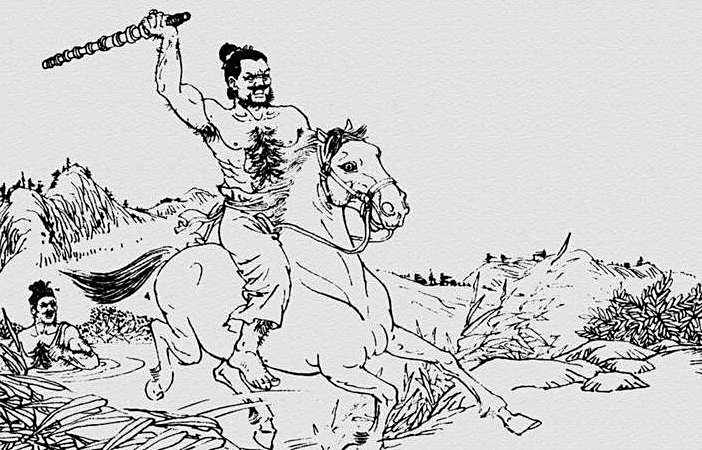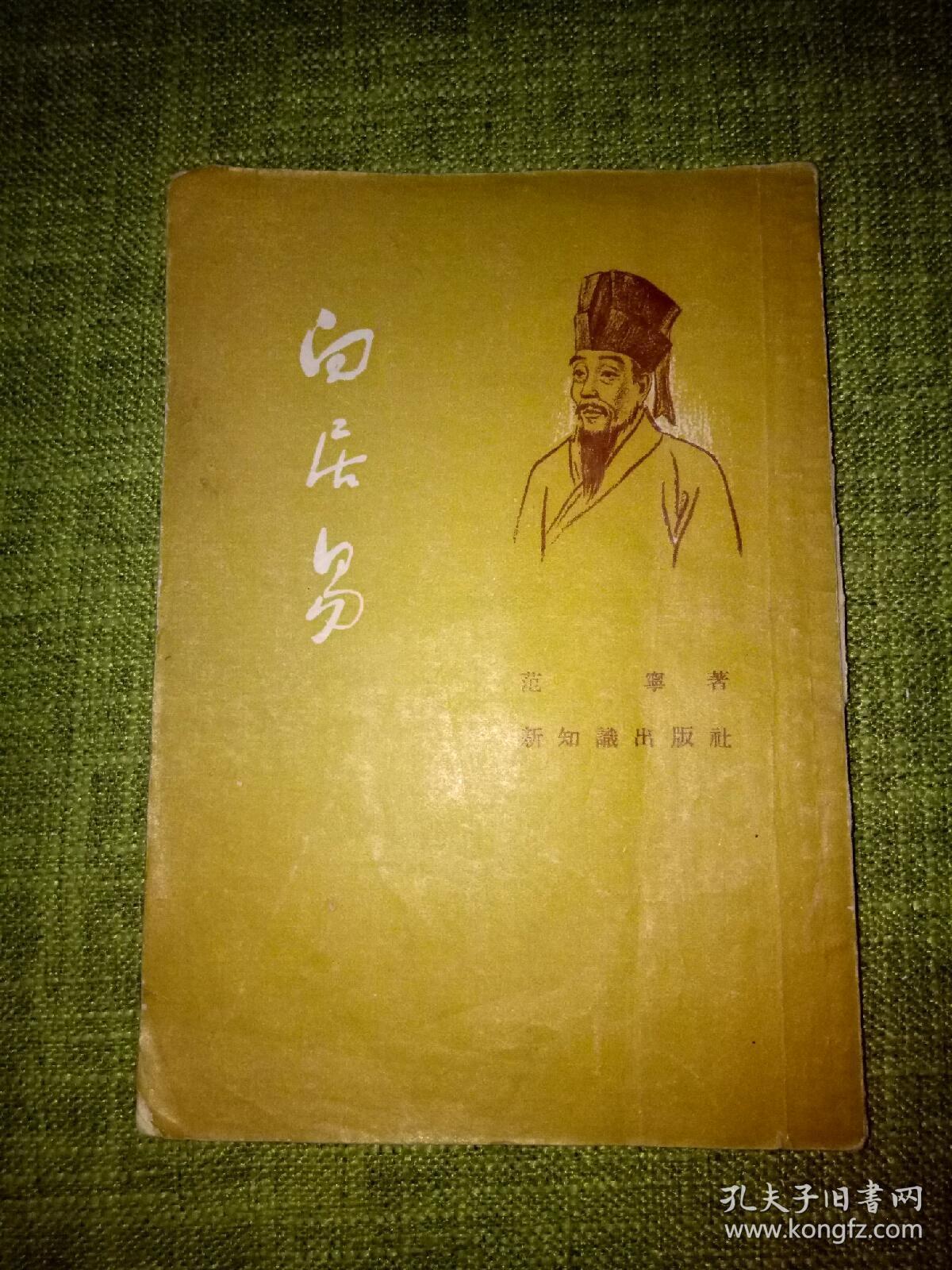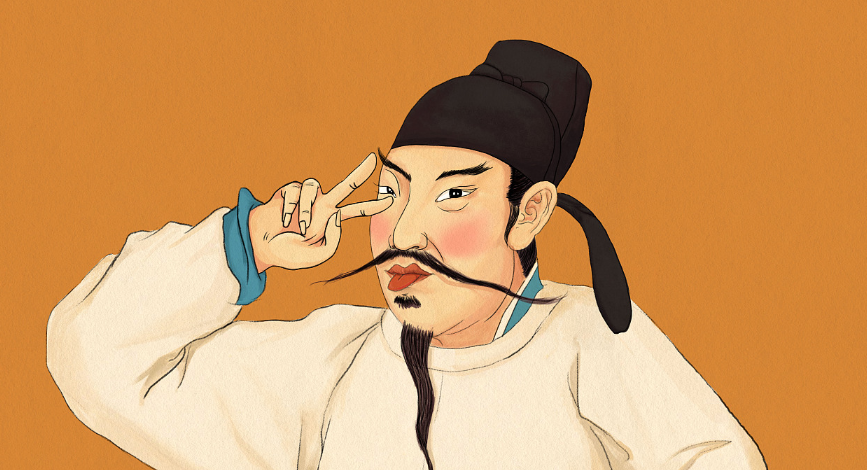Today, the editor of History Encyclopedia will bring you Zhuo Jing’s article, hoping to be helpful to everyone.

In 1402 AD, King Zhu Di of Yan invaded Nanjing, proclaimed himself emperor, and changed his reign to Yongle. When the new emperor ascended the throne, most of the old ministers of Emperor Jianwen chose to follow the crowd and continue to serve Zhu Di. Some loyal soldiers also chose to die rather than surrender, and stubbornly resisted Zhu Di to the end. For example, Fang Xiaoru, Tie Xuan, and others mostly died under Zhu Di’s butcher’s knife. There was a minister who, in the face of Zhu Di’s persuasion to surrender, would rather die than surrender. In the end, he was annihilated by three tribes. However, Zhu Di was deeply regretful and lamented that he had been a scholar for thirty years, but he did not disappoint his lord. This person’s name is Zhuo Jing, and he was a famous scholar in the early Ming Dynasty.
Zhuo Jing is from Rui’an, Zhejiang. As early as the reign of Zhu Yuanzhang, Zhuo Jing had already gained worldwide fame. Zhuo Jing was able to write poetry and prose at the age of seven. He read ten lines at a glance and never forgets them, making him a remarkable figure in the literary world at that time. In the 21st year of the Hongwu imperial examination, Zhuo Jing passed the imperial examination and became a jinshi. In the palace examination, due to his outstanding talent, he was selected as the second place in the first class by Zhu Yuanzhang. He was also listed as a jinshi along with Jie Jin, one of the three great talents of the Ming Dynasty.
At that time, many ceremonial systems in the Ming Dynasty were not complete, such as many princes’ mansions, costumes, carriages, horses, and ceremonial ceremonies imitating the size of the crown prince. Zhuo Jing spoke frankly and advised Zhu Yuanzhang, saying, “It is not a good thing for all princes to imitate the crown prince. Your Majesty should distinguish the ranks of the princes as soon as possible, with distinction between legitimate and illegitimate, and orderly hierarchy.” Zhu Yuanzhang felt that Zhuo Jing’s words were very reasonable, and from then on, he began to value this talented person, promoted him to the rank of attendant, and later promoted him to the rank of attendant of the Ministry of Revenue.

After the death of Zhu Yuanzhang, his grandson Emperor Jianwen ascended to the throne. At that time, Qi Tai, Huang Zicheng, and others strongly advocated for the reduction of fiefdoms. King Zhu Di of Yan, who was in Beijing and had significant influence, was the main target of the reduction of fiefdoms. Because Zhu Di was cautious and did not leave any evidence for Emperor Jianwen, he was lenient and reluctant to take action against Zhu Di. Zhuo Jing saw the dilemma of Emperor Jianwen and suggested a compromise for everyone.
Zhuo Jing believed that King Yan Zhu Di, who ruled in Beiping, possessed both civil and military abilities, much like Emperor Gao (Zhu Yuanzhang). Since ancient times, the north has been a major threat to the Central Plains ethnic groups, and dynasties such as the Jin and Yuan dynasties attacked the Central Plains dynasties from the north. Zhu Di’s residence in Beiping was indeed difficult to reassure Emperor Jianwen. It’s better to transfer Zhu Di’s title to Nanchang. Nanchang is located in the central region. If Zhu Di does not defect, let him rest assured and become a feudal lord. If Zhu Di rebelled, he would also be easily controlled.
It has to be said that Zhuo Jing’s suggestion was very correct in the situation at that time and received the approval of many ministers, but Emperor Jianwen did not adopt it. One year later, Zhu Di rebelled and it was too late. In the fourth year of Jianwen, Zhu Di’s army invaded Nanjing. After a big fire, Emperor Jianwen disappeared, leaving behind a group of remaining officials to face Zhu Di. After Zhu Di entered the city, many ministers welcomed him along the way in order to save their lives. Zhuo Jing locked his entire family at home and did not go to greet Zhu Di.
After Zhu Di ascended the throne, he began to clean up the old officials of Jianwen. He found someone to arrest Zhuo Jing and questioned him, “Why didn’t you come to greet me?” Zhuo Jing replied, “There is no regulation in the court, and ministers need to greet the princes when they come to the capital.” When Zhuo Jing meant that Zhu Di’s throne was invalid, he was just a prince. Zhu Di was very angry and asked Zhuo Jing, “Why did you suggest changing my fiefdom to Nanchang before? This is sowing discord between our family and flesh.” Zhuo Jing replied calmly, “If the late emperor had listened to me, there would have been no disaster today.” Zhu Di appreciated his talent and character and could not bear to kill him, but only sent Zhuo Jing to prison.
During Zhuo Jing’s imprisonment, Zhu Di once sent someone to persuade him to emulate Wei Zheng of the Tang Dynasty. In the early years of the Tang Dynasty, Wei Zheng belonged to the camp of Crown Prince Li Jiancheng. Later, Li Jiancheng was killed, and Wei Zheng was admired by Li Shimin and became a loyal minister by his side. Zhuo Jing is very disdainful of this. Zhuo Jing believes that “Li Jiancheng was originally a foolish person, which is why he was killed by Li Shimin. The late emperor (Jianwen Emperor) did not commit any mistakes, but was usurped by the unruly courtiers and thieves (referring to Zhu Di). As a courtier, I can only serve the late emperor with my life
After hearing this, Zhu Di’s strategist Yao Guangxiao advised Zhu Di, saying, “A person like Zhuo Jing will not surrender. Keeping him is like raising a tiger as a threat.” Zhu Di finally issued an order to kill Zhuo Jing’s three clans and confiscate all his family property. Surprisingly, during the house search, it was discovered that besides some old furniture, Zhuo Jing’s home only had books. The dignified assistant minister of the Ministry of Revenue, with such a poor family, made Zhu Di deeply respect him. According to the “Annals of Ming History”, after the death of Zhuo Jing, Zhu Di lamented, “The country has nurtured scholars for more than thirty years, and only Zhuo Jing’er has lived up to his monarch
Undoubtedly, Zhu Di did not have the heart to kill Zhuo Jing, but Zhuo Jing would rather die than surrender, and the outcome was inevitable. Zhuo Jing is talented, honest and upright as an official, upright as a person, and loyal as a subject. Under the cover of the nest, how can there be a complete egg? In the context of the Jingnan Campaign, some of the former officials of Jianwen remained loyal, filial, and righteous, while others changed their families. Their choices are difficult to evaluate as “right” or “wrong,” but those like Zhuo Jing who pledged their loyalty to the late emperor should be respected by future generations.


